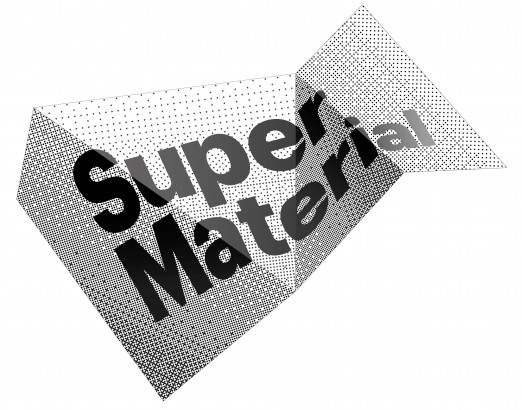Combining architecture, engineering and biology, a panel of academics and architects discuss how microorganisms are changing the way we think about sustainability and the fabric of our cities.
Speakers include:
- Richard Beckett, director of BiotA Lab, The Bartlett, UCL
- Simone Ferracina, researcher at the School of Architecture, Planning and Landscape, Newcastle University and editor of Organs Everywhere
- Marco Poletto, co-founder and director of ecoLogicStudio
- Gimi Rimbu, research associate at Bristol BioEnergy Center, University of West England
The panel draws from various projects such as living brick, which is a prototype modular structure that houses microbial fuel cells. The microorganisms in living brick act as biocatalysts, converting the chemical energy of organic matter into electricity via metabolic processes.
The development of a magnesium phosphate-based concrete is also explored. This material can host microorganisms and nurture bio-colonisation to enable plant life to thrive on buildings in a more sustainable, efficient and structurally integral way.
Further to this, bioplastic and a non-anthropocentric view of the city are discussed. By looking at the city from a micro-scale of energy flow into organisms, we obtain a set of distinctions that allow us to discover processes of collective intelligence.
This talk is part of the SuperMaterial event series, curated by The Built Environment Trust. The event programme is kindly supported by Trimo.



